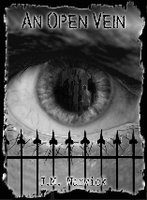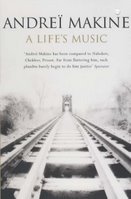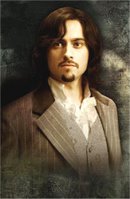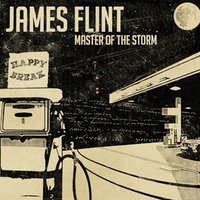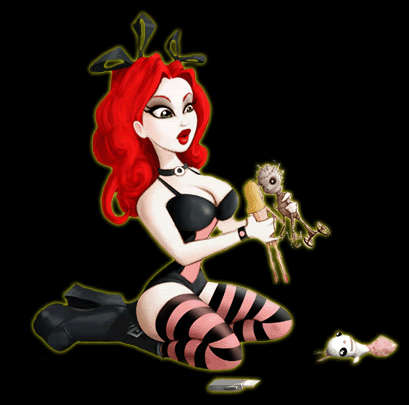 Title: The Winter King
Title: The Winter King
Author: Bernard Cornwell
ISBN # CN3111
Publisher: BCA
First Published: 1995
435 pages
Format: Hardback
Rating: 7/10 Synopsis:
Derfel, once a captain in Arthur's war band, recalls the days of Guinevere, Lancelot, Merlin and Bishop Sansum. But, above all, it tells the story of Arthur, the only man who can hold Uther's throne for its infant heir, and unite Britain's squabbling kingdoms against the enemy.
Review:
PART ONE
By the time I’d finished part one; I was in two minds about The Winter King. The unusual names didn’t give me a problem, as they were all Celtic in origin, so I was at least vaguely familiar with them and knew roughly how to pronounce them, but the place names confused me a bit, as they were all the old names and had to keep referring to the notes at the beginning of the book to find out where the action was taking place. I did, however, enjoy the subversion of the well-known Arthur legends, with Mordred being Arthur's half-nephew rather than his son, and Arthur being a warlord who was brought in to protect Mordred from warring factions in a fractured Britain that was already broken in two halves over religion (Christianity and the old, Pagan ways). The writing style is very easy to read - the dialogue is mostly in quite simple language, reflecting the status and/or intelligence of those speaking at any given time, as well as having a slightly "Olde Worlde" feel in places, which sets it firmly in its own time.
PART TWO
In part two, things start to be hot up a bit. We encounter a well-known Arthurian figure that has also been given a more "earthy" character (I prefer it when characters are made more "real" like this, instead of them being too-good-to-be-true heroes) in Guinevere. I also enjoyed the way the story was being told to Igraine, after the fact, by Derfel, as it all helped to draw me in as if the story is being told directly to me, as well as explaining a little how old stories would have been changed and romanticised in the retelling as the storytellers wished things had been more magical and mystical in places.
PART THREE
Lancelot and Galahad were both introduced, adding a good bit of action and confrontation to the mix. And Merlin, well, let's just say his appearance was unexpected...
PART FOUR
The developing friendship between Galahad and Derfel was particularly interesting, and also the distanced, yet respectful friendship between Merlin and Arthur. I found Merlin an especially intriguing character in that he seemed to have the attitude that everything that's supposed to happen will happen, whether or not he interferes, which is a different angle from the Merlin that is usually presented in Arthurian legends (i.e. the one who purposely bends fate, using his own magical abilities, in order to ensure the right person is in the right place at the right time to suit his own purpose.
PART FIVE
Everything was happening all at once, and then it all suddenly stopped! I was expecting another dozen or so pages, but what I thought was the rest of the novel turned out to be the opening chapters of the sequel*, so it felt slightly abrupt, as I wasn't prepared for it. It also stopped just at quite an exciting part, which I suppose is good in a way, as it makes me want to get hold of the next one quickly, but it also left me staring at the page, inwardly shouting "Oh, come on! You can't finish now!"
I was very surprised that Morgan didn’t play a larger role in the story - her part seemed to have been usurped by Nimwe, who struck me as rather unpleasant, in stark contrast to Derfel, who has remained a very likeable, reasonable character throughout. Arthur seems slightly misguided; Guinevere is selfish; Lancelot is a preening coward; Merlin is as changeable as the British weather; and Galahad remains the only representative of the traditional chivalrous knight. All in all, this has been a very interesting exploration into part of the Arthurian legends and I'll be interested to see where it goes from here on in.
* It always annoys me slightly when the start of the next book is given at the end of the present one (a sort of “next time, in the series you’re reading…”) as when I finally do get hold of the sequel, I suffer a horrid sense of déjà vu when I start reading and it spoils the enjoyment a little for me, so I refuse point blank to read them any more!
 Title: The Boleyn Inheritance
Title: The Boleyn Inheritance
